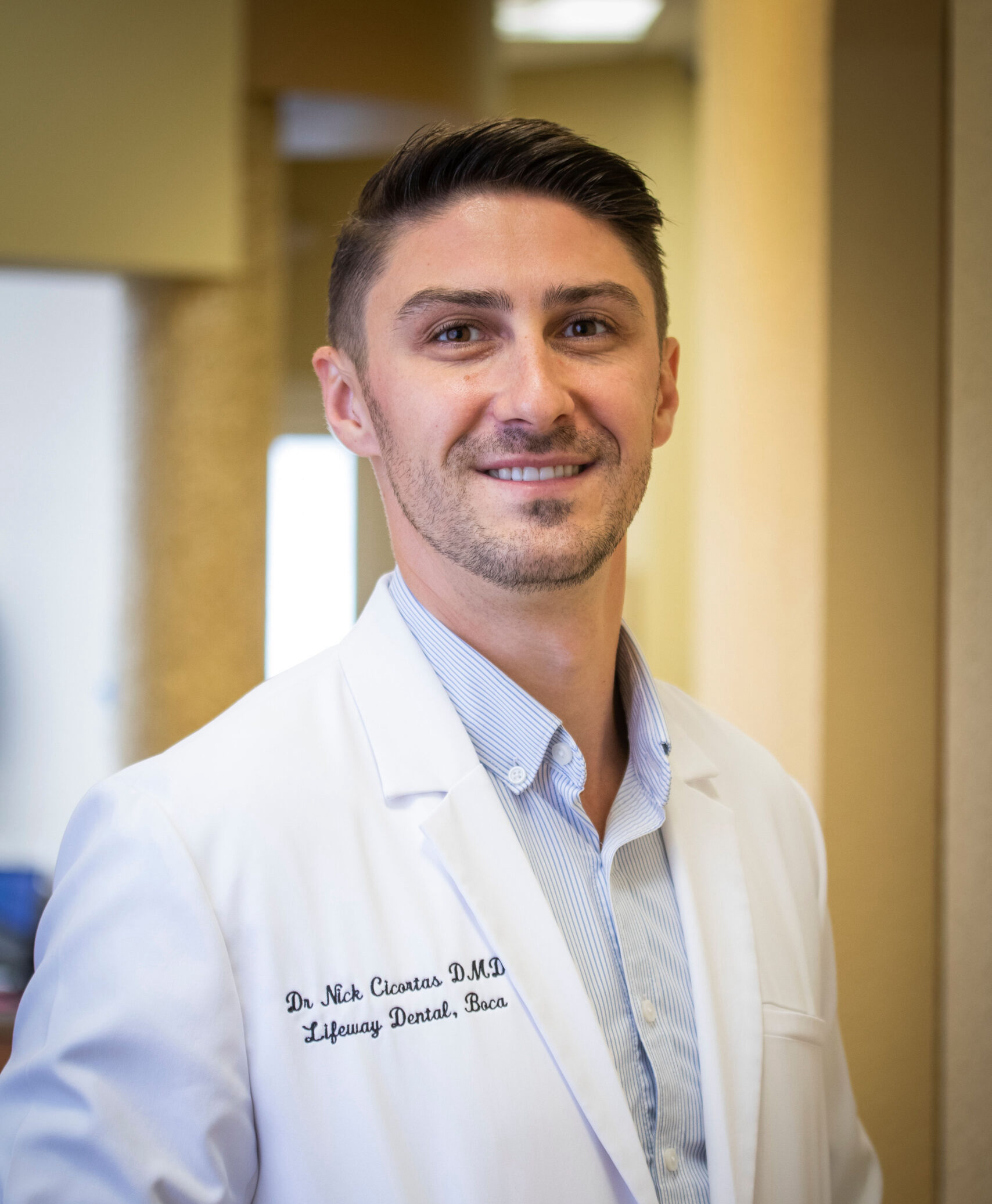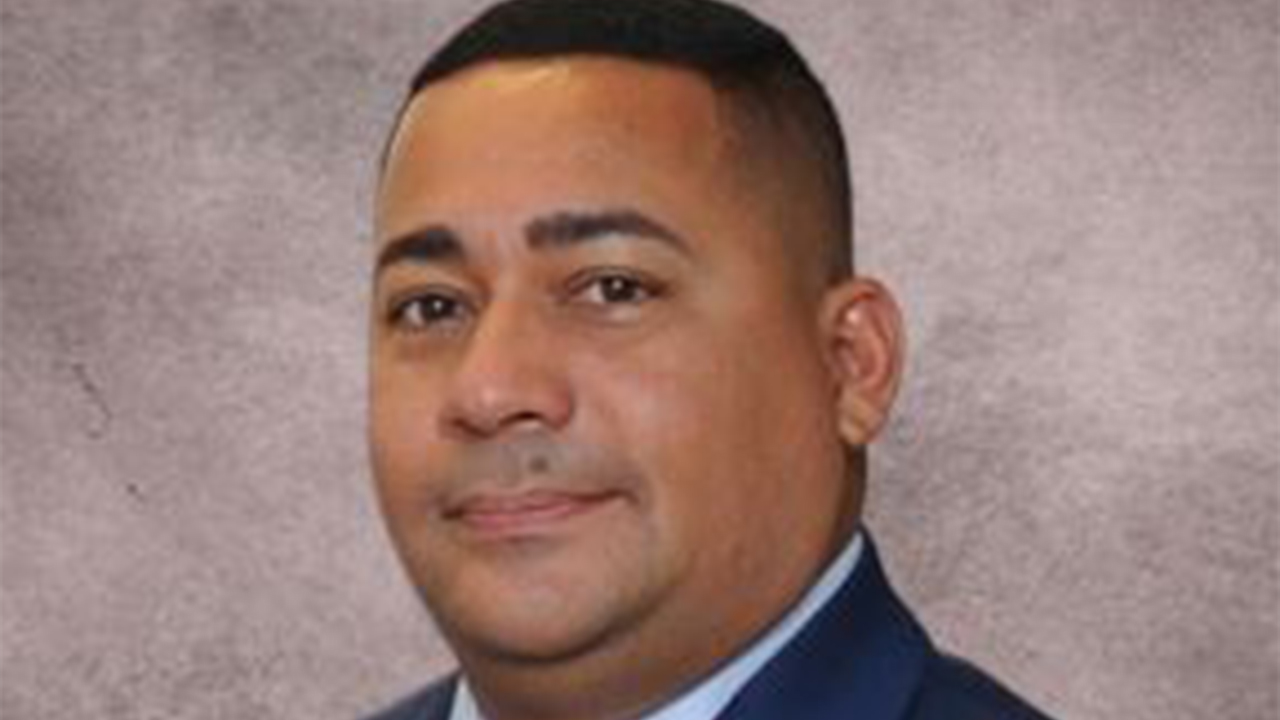Dr. Nick Cicortas, DMD
Lifeway Dental of Boca
9101 Lakeridge Blvd., Unit 9
Boca Raton, FL 33496
561-852-7700
Whether it is oral surgery such as extractions and implants, or general surgery, all doctors and patients desire and expect ideal results. Local and systemic factors both play a role in healing after surgery. Of the many systemic factors, nutritional status is gaining a lot of attention in the field of medicine. As Hippocrates said, “Let food be thy medicine and medicine be thy food.”
The first step is to make sure that you are having a deliberate conversation with your doctor regarding your nutritional status. In a recent survey, it was found that nearly 70% of doctors do not ask their patients about supplements or special diets which can have profound consequences.
Vitamin D deficiency is a significant risk factor for poor healing, and almost 42% of the US adults are deficient. Since 1997 the daily maximum recommended dose has risen from 600IU, to 2000IU, to now 4000IU per day. Vitamin D plays an important role in cell growth, immune function, and dental implant healing. A target level of 100 nmol/L or more is recommended for dental surgery. Micronutrients and Enzymes Individual nutritional requirements are based on age, genetics, and intestinal absorption.
Nutrients involved in soft tissue, or gum healing include: biotin, copper, chromium, essential amino acids and fatty acids, and vitamins A,Bs,C,E,K. Nutrients involved in bone healing include : boron, calcium, copper, magnesium, phosphorus, vitamins A,C,D,K, and zinc. A blood test is the best way to determine if any of these are deficient. Enzymes, which are involved in healing also tend to decrease with age. Bromelain, an enzyme found in pineapples, has been shown to reduce pain and swelling after surgery. Prior to any supplementation, be sure to consult your physician to avoid any drug interactions.
Toothfully yours, Dr. C













